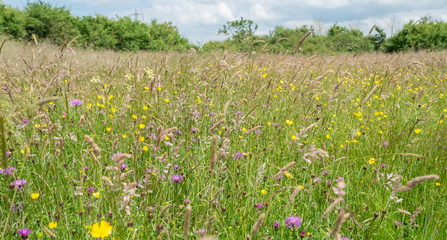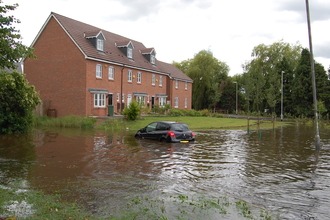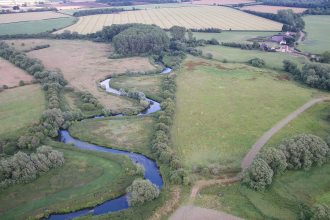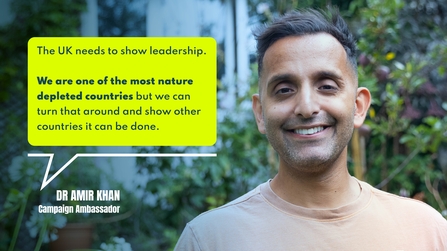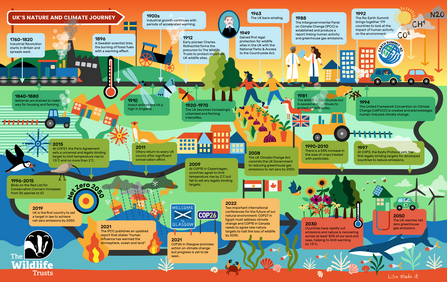What is the biodiversity COP?
The Convention on Biological Diversity Conference of Parties (COP), also known as the biodiversity COP, binds 196 nation signatories to conserve biodiversity, encourage sustainability, and share the costs and benefits of biodiversity between more and less developed countries.
Under China’s presidency, although hosted in Montreal, Canada, COP 15 on 7-19 December 2022 is the latest biodiversity COP.
What happened at the Glasgow climate change COP?
In 2021, Glasgow hosted COP 26. This was a key moment for the UK government to demonstrate its commitment to a green future, but what also shone through was the people’s voices on issues and policies they felt were contributing to climate change.
Many people highlighted the inextricable link between the climate and nature crises. Such momentum and public will for change needs to be carried through to COP 15 to continue demonstrating how nature and nature’s recovery can help solve not only the ecological crisis, but the climate crisis too.
The conference achieved the signing of the Glasgow Climate Pact and agreed the Paris Rulebook, both vitally important for keeping attempts to limit global warming to a 1.5C maximum alive, but only just.
COP 26 also pledged to end deforestation by 2030, with agreements linking biodiversity loss and climate change at the international level for the first time.
How could climate change affect nature in our area?
One potential climate change impact on nature in the BBOWT region is the reduction in beechwood cover as the climate of southeast England warms and becomes too dry for the shallow rooted beech. This will see beech trees “move” north to the cooler damper conditions they prefer.


